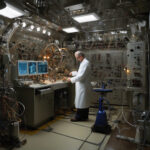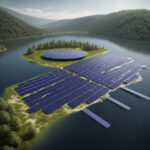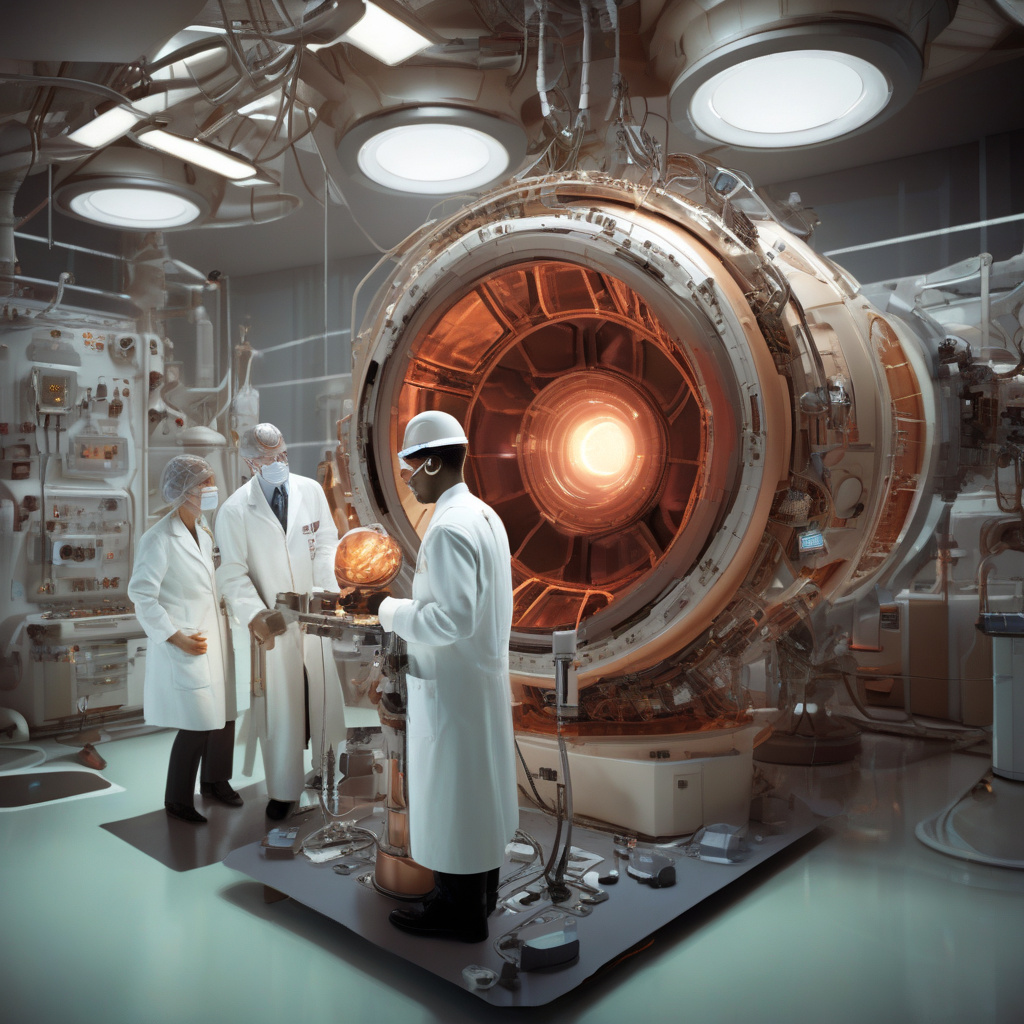Nuclear Rockets for Mars: US Tests Fuel at 3,992°F for Faster Human Space Travel
Space agencies and private companies have set a bold target to send humans to the red planet, Mars. The idea of interplanetary travel has always been fascinating, but the crucial element of speed has often been a limiting factor. However, recent developments in the field of space propulsion might just be the breakthrough needed to make this dream a reality.
The United States, known for its pioneering efforts in space exploration, has been testing nuclear rockets as a means to propel spacecraft at unprecedented speeds. One of the key challenges in deep space travel is the immense distance between Earth and Mars, which can take several months to traverse using conventional propulsion systems. By harnessing the power of nuclear energy, scientists believe they can significantly reduce travel time and make human missions to Mars more efficient.
The recent tests involved heating the rocket fuel to a staggering 3,992°F (2,200°C) to simulate the extreme conditions of a nuclear thermal propulsion system. Unlike traditional chemical rockets that rely on combustion for thrust, nuclear rockets generate propulsion by heating propellant with a nuclear reactor. This results in much higher exhaust velocities, enabling spacecraft to reach higher speeds and cover larger distances in shorter time frames.
One of the main advantages of nuclear rockets is their high specific impulse, which is a measure of fuel efficiency in rocket engines. A higher specific impulse means that the rocket can generate more thrust per unit of propellant, making it more energy-efficient and capable of achieving higher speeds. This is crucial for long-duration missions to Mars, where minimizing travel time is essential to ensure the safety and well-being of the crew.
In addition to speed, nuclear rockets offer greater flexibility in trajectory planning, allowing spacecraft to take optimal routes that minimize travel time and exposure to cosmic radiation. This is particularly important for human missions, as prolonged exposure to radiation in space can have detrimental effects on the health of astronauts. By reducing travel time, nuclear rockets can help mitigate these risks and make interplanetary travel safer for crewed missions.
While the use of nuclear propulsion systems in space travel is still in the experimental stage, the results so far are promising. The successful testing of rocket fuel at extreme temperatures demonstrates the feasibility of using nuclear thermal propulsion for future missions to Mars and beyond. With continued research and development, nuclear rockets could revolutionize human space exploration and open up new possibilities for reaching distant planets in the solar system.
As we look towards the future of space travel, the prospect of nuclear rockets propelling us to Mars represents a significant step forward in our quest to explore the cosmos. By harnessing the power of nuclear energy, we may soon be able to reach new frontiers and fulfill our ambitions of becoming a multiplanetary species.
#SpaceExploration, #NuclearRockets, #MarsMission, #InterplanetaryTravel, #SpaceInnovation












